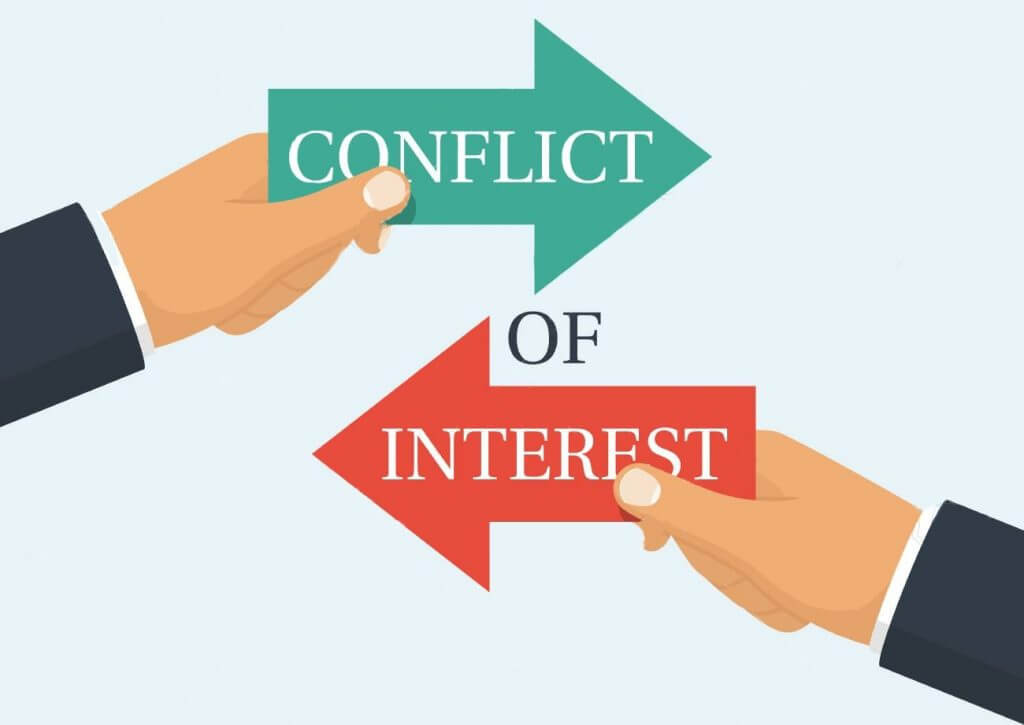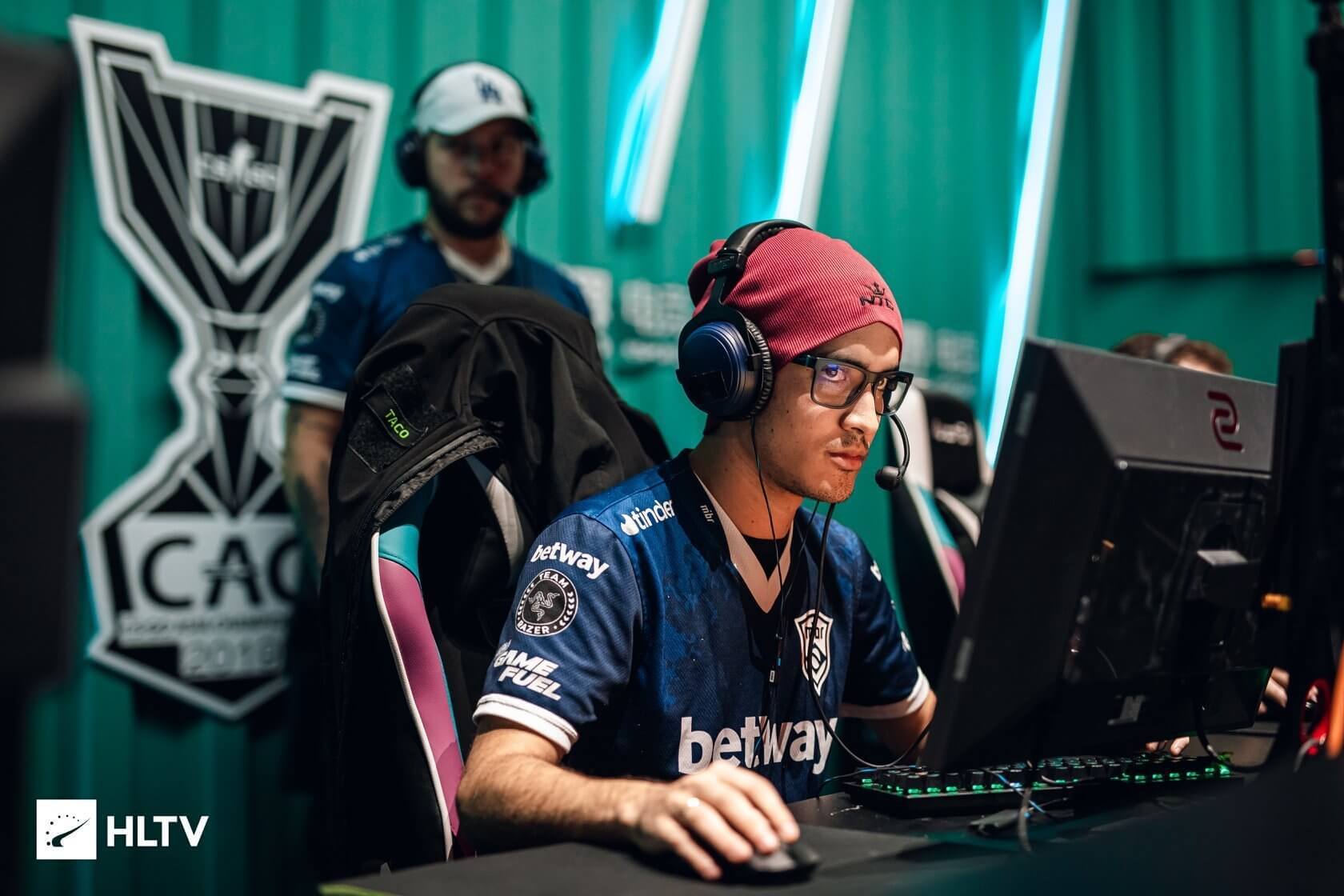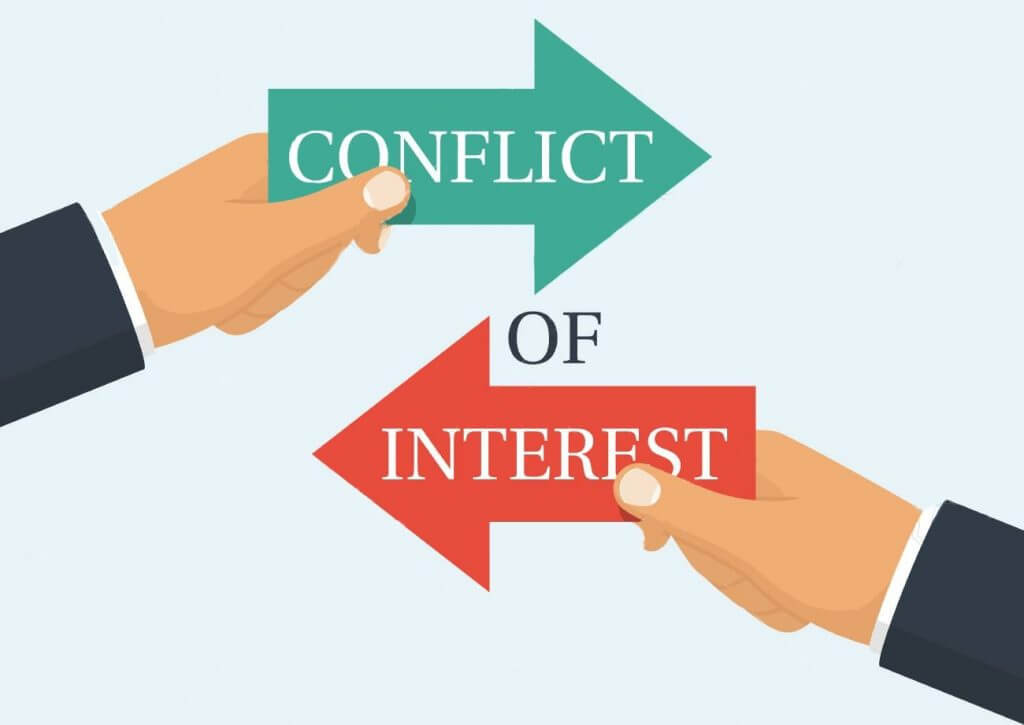
ESL One: Road to Rio has been going on for the past couple of weeks without any incidents of note. Games are getting played, points for the Regional Major Ranking are being accumulated and everyone’s minding their own business.
What you might not know is that all of this was far from guaranteed before the tournament kicked off. Valve had to look into potential trouble, a potential deal-breaker, a potential spoiler called conflict of interest. Valve are done having their look on the situation, now it’s our turn to do the same.
The Made in Brazil – Yeah situation
Ahead of ESL One: Road to Rio all participating teams were required to send Valve a disclosure document concerning all potential conflicts of interest. For those that are unfamiliar with the term, what it is in plain words is for a person to simultaneously benefit from two or more organizations whose interests don’t necessarily align or outright go against each other – a position that might compromise said person’s decision making.

In our case, Yeah Gaming’s ownership is made up of some past or present representatives of Made in Brazil – a direct opponent in ESL One: Road to Rio’s group phase. Epitacio “TACO” de Melo and Ricardo “dead” Sinigaglia – current mibr player and coach, respectively, former mibr player Marcelo “coldzera” David and former mibr coach Wilton “zews” Prado all have shares in Yeah Gaming, which caused Valve to pause for a moment.
Yeah and Made in Brazil were going to play each other for certain as they were drawn in the same group and that raised the question: is there a conflict of interest? To get the tension out of the way, Valve said no, the game went by as scheduled, mibr won 2-0 and that was that. We want to look at things more broadly though. Were Valve correct to dismiss the case and when does conflict of interest truly become a conflict?
The thin conflict line
Valve’s decision could turn out to be much more important than we’re giving it credit. With ESL One: Road to Rio still going all of this became an afterthought way too quickly. When in reality, this could alter the scene significantly.
A couple of years ago Valve imposed a new rule which prohibited multiple team ownership. A rule that forced a few companies to sell and proclaimed the doom of academy teams. Of course, TACO, dead, coldzera and zews don’t break that rule because they do not own another team, but is their case that much different than a regular investor who just happens to have a stake at another team? A coach or a player can have a direct impact on the outcome of a game, so how is this better?

On the other hand, all parties involved said time and time again that none of the quartet have any say in Yeah’s day-to-day decision making, aka they are passive investors. The match between the teams was won by mibr, which proved to be the expected result with Yeah losing all subsequent games, and it’s fair to say it did not inspire any questions over its sincerity. Should mibr and Yeah have been penalized for something that had no effect on the tournament? Would that have been fair?
If you have a clear answer to all of the questions in the last two paragraphs, congratulations, you’ve figured everything out and you should write Valve immediately to give them the solution. If not, we’re in the same boat. How do we define where to draw the line between inconsequential coincidence and potential abuse?
The easiest thing to do of course is to forbid any type of investment that could result in a direct conflict of interest, aka restrict any investments coming from within the scene in addition to the already existing multiple ownership rule. You could see the problem with that already.
I’m personally not one for restrictions upon restrictions and limiting players, coaches, and other esports staff from investing their hard-earned money where they choose to is taking it a step too far. A lot of those people literally grew up on the scene and it’s understandable they’d want to stick around in other ways.
Is Christopher “GeT_RiGhT” Alesund playing against NiP, where he has minority ownership, conflict of interest? Hey, that’s the same thing that TACO did in the Yeah match! Except no one mentioned it, because it doesn’t and it shouldn’t matter. We know GeT_RiGhT, we know TACO, we know how they roll.
So no, not all conflicts of interest are created equal and Valve did the right thing by not punishing TACO, zews, mibr, or Yeah. However, investigating such matters should be mandatory as not everybody is a TACO or a GeT_RiGhT, the line is indeed thin and Valve shouldn’t let anyone cross it.
Whether we can count on Valve of all corporations to put in the work is questionable. One can only hope. Regardless, for this one case, everyone everywhere in any business can take note as this is how you treat a conflict of interest threat and prevent it from becoming an actual conflict.






























